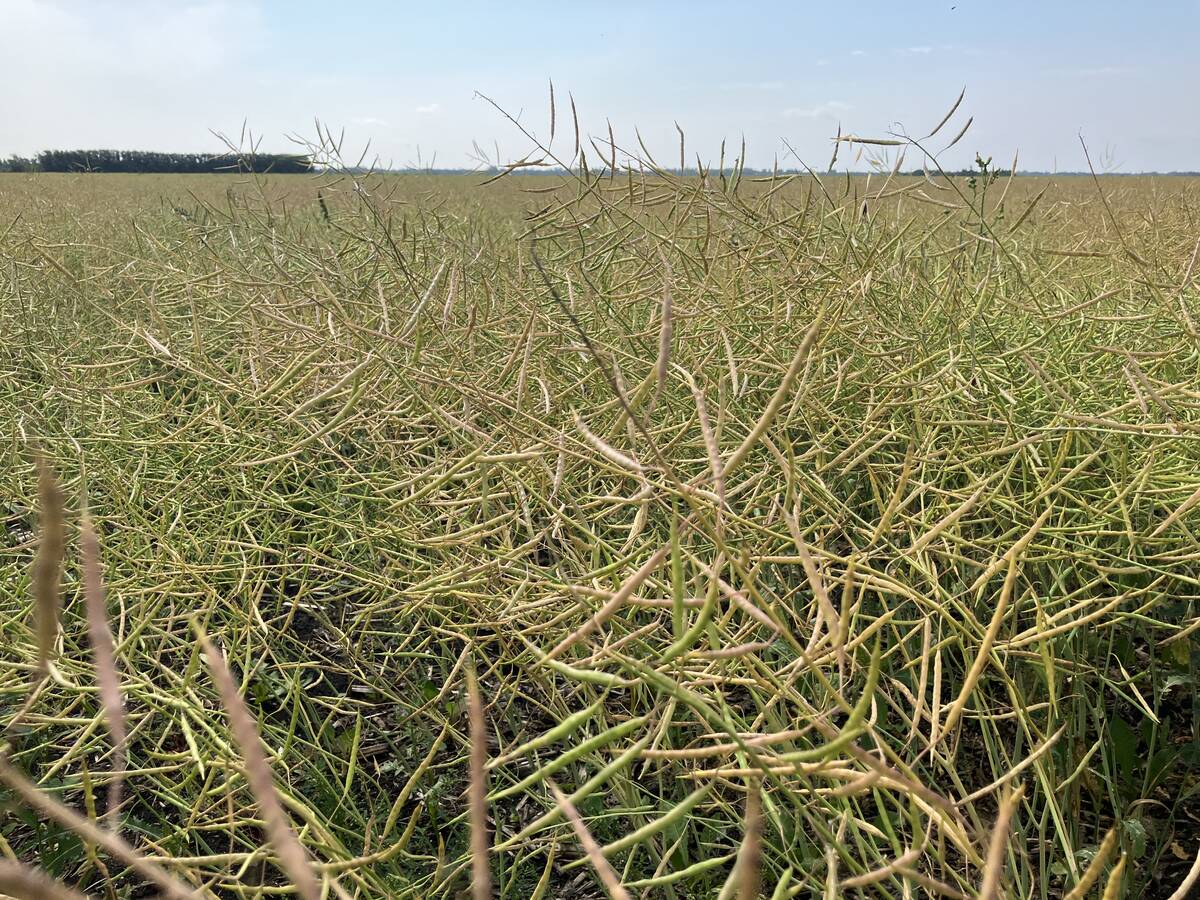SAO PAULO, Brazil (Reuters) — Brazilian halal food exports grew about 10 percent in 2018, the country’s largest halal certification firm said recently, despite fallout from a food sector scandal and a truckers’ strike that disrupted meat production last year.
FAMBRAS Halal estimated sales of Brazilian halal food, including chicken, beef, honey and cheese, rose to almost $5 billion in the period despite the industry’s multiple woes, it said in a statement.
“We failed to grow more as we had a very complicated year,” Ali Hussein El Zoghbi, vice-president at the certification company, said in the statement.
Read Also

South American soybeans will have less impact on canola
South American production will, as usual, affect the global oilseed market, but Canadian canola is on the outside looking in until it can get China back or find alternative buyers.
Zoghbi cited the truckers’ strike last May that disrupted supplies and exports as well as a sprawling investigation into collusion to avoid safety checks in the food sector, which damaged the reputations of several major meat packers and led to trade bans.
“These elements hampered chicken and beef production, the major items responsible for the sector’s high revenue,” he said.
Brazil is by far the world’s largest exporter of halal meat, which complies with Muslim dietary rules.
But a tentative proposal by Brazil’s right-wing President Jair Bolsonaro to relocate the country’s embassy in Israel from Tel Aviv to Jerusalem could jeopardize that position.
Rubens Hannun, president of the Arab-Brazil Chamber of Commerce, said relocating the embassy could create “noise” in Brazil’s commercial relationship with Arab nations and open the door for the competition.
According to the chamber, Brazil’s total exports to a grouping of 22 Arab countries, which excludes non-Arab Muslim countries such as Iran, to swell to $20 billion by 2022, up from $13.5 billion in 2017.














